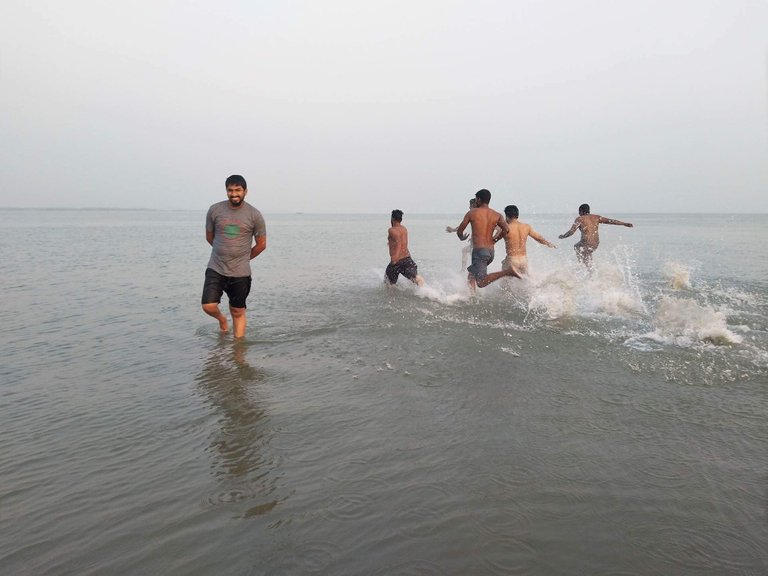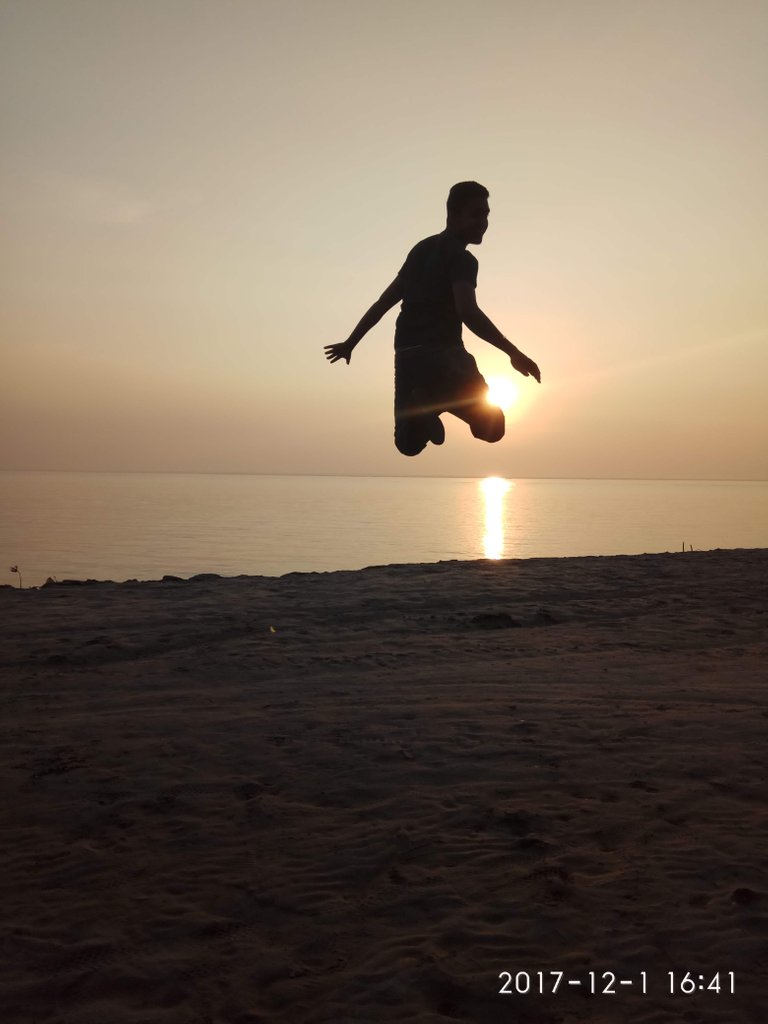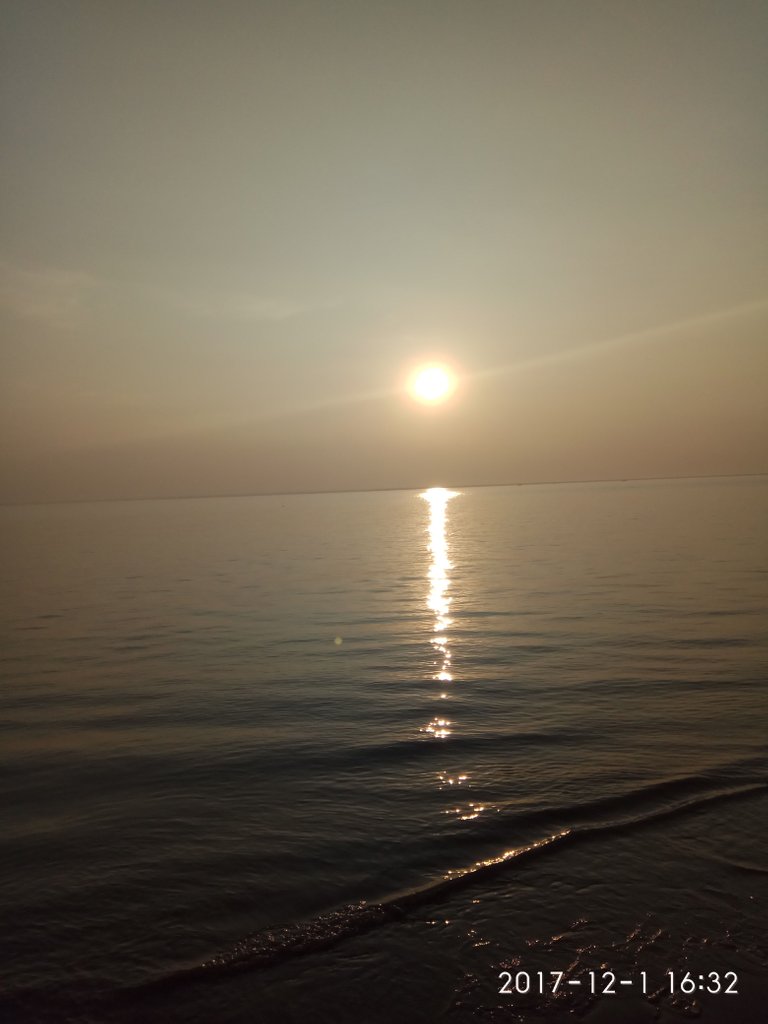

The Padma, Sanskrit for lotus blossom, is specified in Hindu folklore as a byname for the Goddess Lakshmi.[3]

The name Padma is given to the lower some portion of the course of the Ganges (Ganga) underneath the purpose of the off-take of the Bhagirathi River (India), another Ganges River distributary otherwise called the Hooghly River. Padma had, most presumably, coursed through various channels at various circumstances. A few creators battle that every distributary of the Ganges in its deltaic part is a leftover of an old foremost channel, and that beginning from the western-most one, the Bhagirathi (in West Bengal, India), every distributary toward the east denotes a place of a more current channel than the one toward its west.

Geographic effects Edit
Padma River and water crafts (1860)
Eighteenth-century geographer James Rennell alluded to a previous course of the Ganges north of its present channel, as takes after:
Appearances support emphatically that the Ganges had its previous bed in the tract now possessed by the lakes and quagmires amongst Natore and Jaffiergunge, striking out of the present course by Bauleah to an intersection of Burrrampooter or Megna close Fringybazar, where amassing of two such forceful streams likely scooped out the present astonishing bed of the Megna.[4]
The spots said by Rennell continuing from west to east are Rampur Boali, the central station of Rajshahi area, Puthia and Natore in a similar locale and Jaffarganj in the region of Dhaka. The place last named were appeared in a guide of the Mymensingh region dated 1861, as a subdistrict (thana) base camp, around 10 kilometers (6 mi) south-east of Bera Upazila police headquarters. It is presently known as Payla Jaffarganj and is near Elachipur inverse Goalunda. As indicated by Rennell's hypothesis, in this manner, the likely previous course of the Ganges would relate with that of the present channel of the Baral River.[citation needed]
Specialists concur that the Ganges has changed its course and that at various circumstances, every one of the distributaries may have been the transporter of its primary stream.[citation needed]

The bed of the Padma is wide, and the stream is part up into a few channels streaming between continually moving sand banks and islands. Amid the downpours the current is exceptionally solid and even steamers may discover trouble in making progress against it. It is traversable at all periods of the year by steamers and nation vessels of all sizes and as of not long ago positioned as a standout amongst the most frequented conduits on the planet. It is crossed close Paksey by the immense Hardinge Bridge over which runs one of the principle lines of the Bangladesh
nice jori
apu ta k??
apnader bavi...